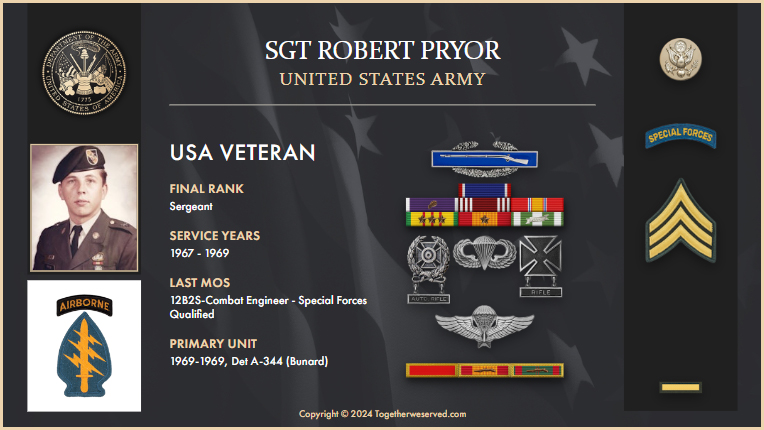
VA deployed five mobile Vet Centers from across the region to assist Boston area Veterans as well as first responders to the tragedy, providing on the ground counseling and referrals to essentially anyone who needed it. I was deployed with the Vet Centers located at the Boston Marathon Memorial site in Copley Square, not far from the site of the bombings. Hundreds of people from all over the world came to the site to pay their respects.
My mission was to get media coverage for our efforts to let the public know that we are a critical part of our nation’s well being. While I was out walking the line of satellite trucks parked at the site trying to get some coverage, I also was talking to the police and any others who I thought could benefit from our services. The Vet Center counselors were talking to all those who walked up and I was out in the crowd sending people over.
Vet Centers have long been a Veteran’s lifeline and can be a critical entry point into the VA Healthcare System. In fact, the Vet Center program was established by Congress in 1979 out of the recognition that a significant number of Vietnam-era Vets were still experiencing readjustment issues. Vet Centers are community based and part of VA.

A Mobile Vet Center near the site of the Boston Marathon bombing. VA staff began seeing affected Veterans onsite following the attack.
In April 1991, in response to the Persian Gulf War, Congress extended the eligibility to veterans who served during other periods of armed hostilities after the Vietnam era—Lebanon, Grenada, Panama, the Persian Gulf, Somalia, and Kosovo/Bosnia. In October 1996, Congress extended the eligibility to include World War II and Korean combat Veterans. The goal of the Vet Center program is to provide a broad range of counseling, outreach, and referral services to eligible Veterans in order to help them make a satisfying post-war readjustment to civilian life.
One of the Boston Police officers I was chatting with told me that all of the police had received many opportunities for counseling and that I should look for the people who helped out who are not traditional first responders. I wasn’t quite sure how to do that until I struck up a conversation with one of the pedicab drivers who typically carry tourists around the city for a fare. He told me that some of his coworker buddies were having a hard time.
They were right in the area of both explosions and were driving the perfect vehicle to bring doctors through the panicked crowds to those who were injured and sometimes to bring the injured to the medical tent or other assistance. When I told him that they were indeed first responders and that they should come over and talk to our counselors, he just started weeping. Quite accidentally, I had been the first one to validate what he had done was indeed to act as a first responder.
Although I couldn’t get him to come over to the Vet Center, I was able to connect him, with the help of my Boston Police buddy, to the counselors Boston’s Mayor Menino had walking through the crowd.
I love my job as a communications officer, but I couldn’t help but feel that what I did that day was the most important work I had done in a long time
Maureen Heard, a Veteran of the U.S. Air Force and Coast Guard, is the chief communications officer at VA’s New England Healthcare System.
Topics in this story
More Stories
Summer can be a joyful time of year, but some outdoor activities can be hard for some Veterans. In this guest post, former VA Secretary Bob McDonald shares resources and plans to navigate summer activities.
"A CAPITOL FOURTH" airs on PBS Thursday, July 4, 2024 from 8:00 to 9:30 p.m. E.T.
The following is an account from Army Veteran Robert Pryor on how he was able to find and reconnect with the pilot who saved his life in Vietnam.







